
loading...

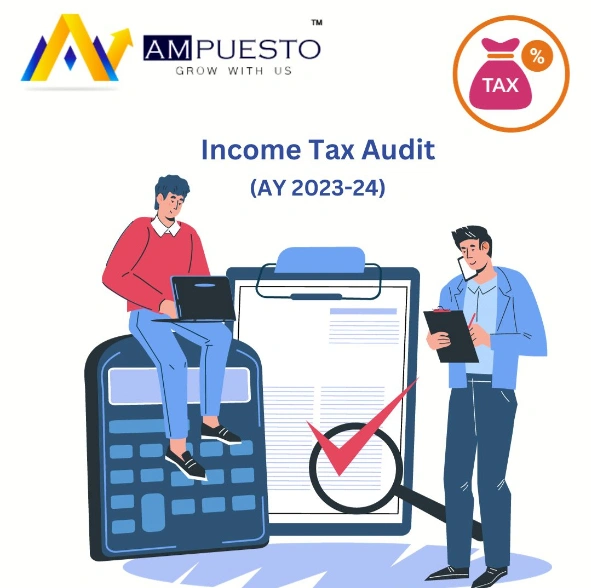
In the labyrinthine world of taxation, an income tax audit can be a cause of concern for many individuals and businesses in India. The audit process, its types, and the applicable audit limits are pivotal aspects that taxpayers should comprehend. This article serves as your comprehensive guide to understanding Income Tax Audits in India for the Assessment Year 2024-25.
Taxation in India is a complex affair, and it's essential to navigate it wisely to avoid any unwanted surprises. One such element of taxation is the Income Tax Audit, a process where the taxpayer's financial records are scrutinized by the Income Tax Department to ensure compliance with the tax laws.
An Income Tax Audit is a systematic examination of a taxpayer's financial records and accounts to verify the accuracy of the income declared, deductions claimed, and compliance with various provisions of the Income Tax Act. It is conducted under Section 44AB of the Income Tax Act, 1961.
Mandatory audits are those that taxpayers are obligated to undergo as per the provisions of the Income Tax Act. This primarily includes businesses and professionals whose turnover or gross receipts exceed the specified threshold limits.
Voluntary audits are initiated by taxpayers themselves, even if they do not meet the mandatory audit criteria. This can be done to provide assurance to stakeholders or to rectify any discrepancies before the tax authorities intervene.
For the Assessment Year 2024-25, the applicability of tax audits depends on various criteria:
While a tax audit might seem like an additional burden, it offers several advantages:
To sail through the tax audit smoothly, you will need to furnish various documents, including:
The Income Tax Department selects cases for audit through a computerized system. Certain cases are chosen randomly, while others are selected based on specific criteria.
If your case is selected for an audit, you will receive a notice from the Income Tax Department specifying the details of the audit and the documents required.
You must hire a qualified chartered accountant to conduct the audit and prepare the audit report. This report must be submitted within the stipulated time frame.
The tax authorities will review the audit report and the documents provided. If any discrepancies are found, you may be required to pay additional taxes and penalties.
Some common audit findings include underreporting of income, incorrect deductions, and discrepancies in financial records. It is essential to rectify these issues promptly.
To prepare for an income tax audit, follow these steps:
Income Tax Audits in India are a crucial part of the tax assessment process. By understanding the types of audits, their applicability, and the audit process, taxpayers can navigate this intricate landscape with confidence.
The primary purpose of an Income Tax Audit is to ensure that taxpayers comply with tax laws, report their income accurately, and pay the correct amount of tax.
Yes, you can opt for a voluntary tax audit even if your turnover is below the mandatory audit threshold. It can provide credibility to your financial statements.
Failure to comply with the audit notice can result in penalties and additional tax liabilities. It's essential to respond promptly.
If errors are found during the audit, you can rectify them by filing a revised return and paying any additional taxes or penalties.
While it's not mandatory, professional assistance from a qualified chartered accountant can significantly simplify the audit process and ensure compliance with tax laws.
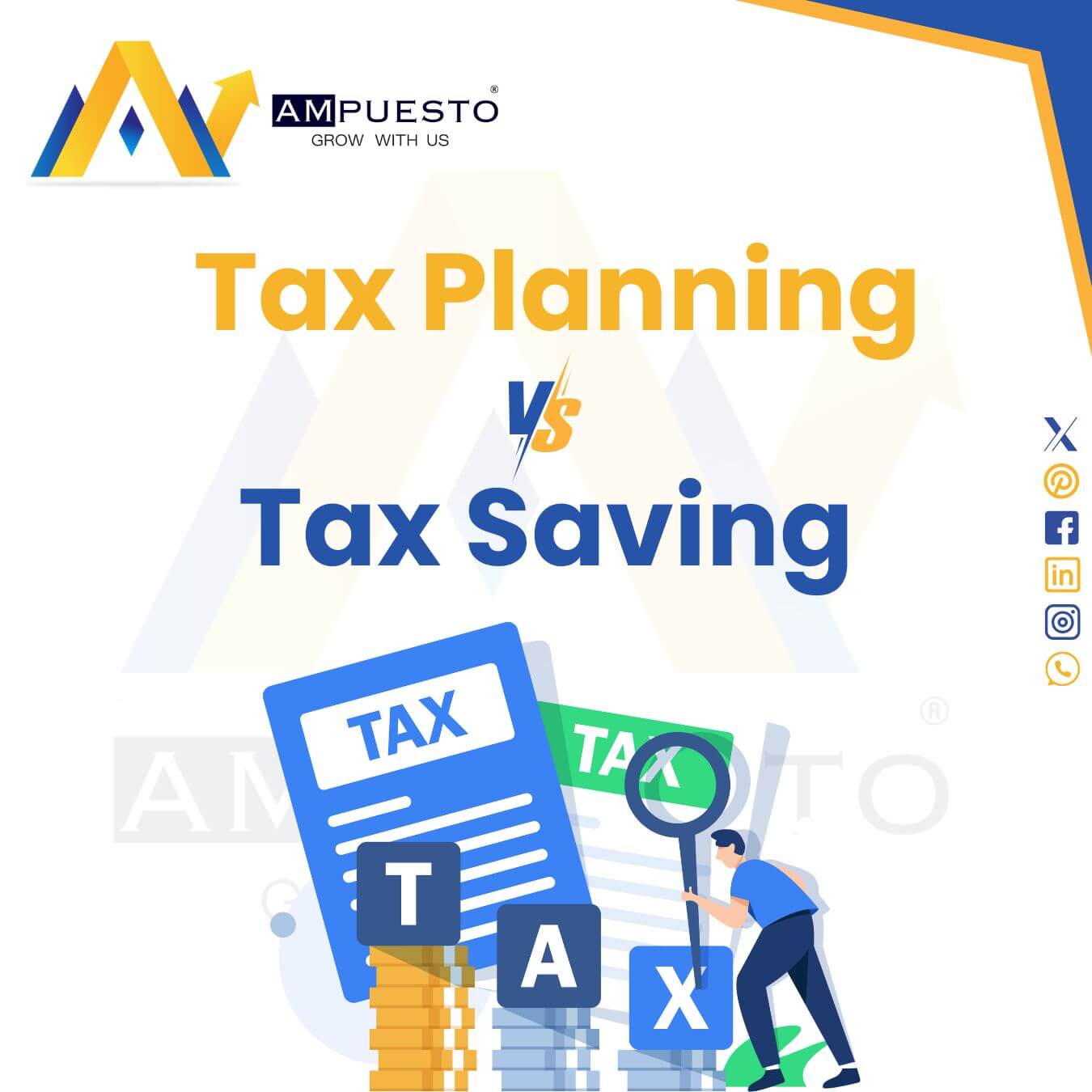
Introduction Managing taxes efficiently is an ess
Detail Information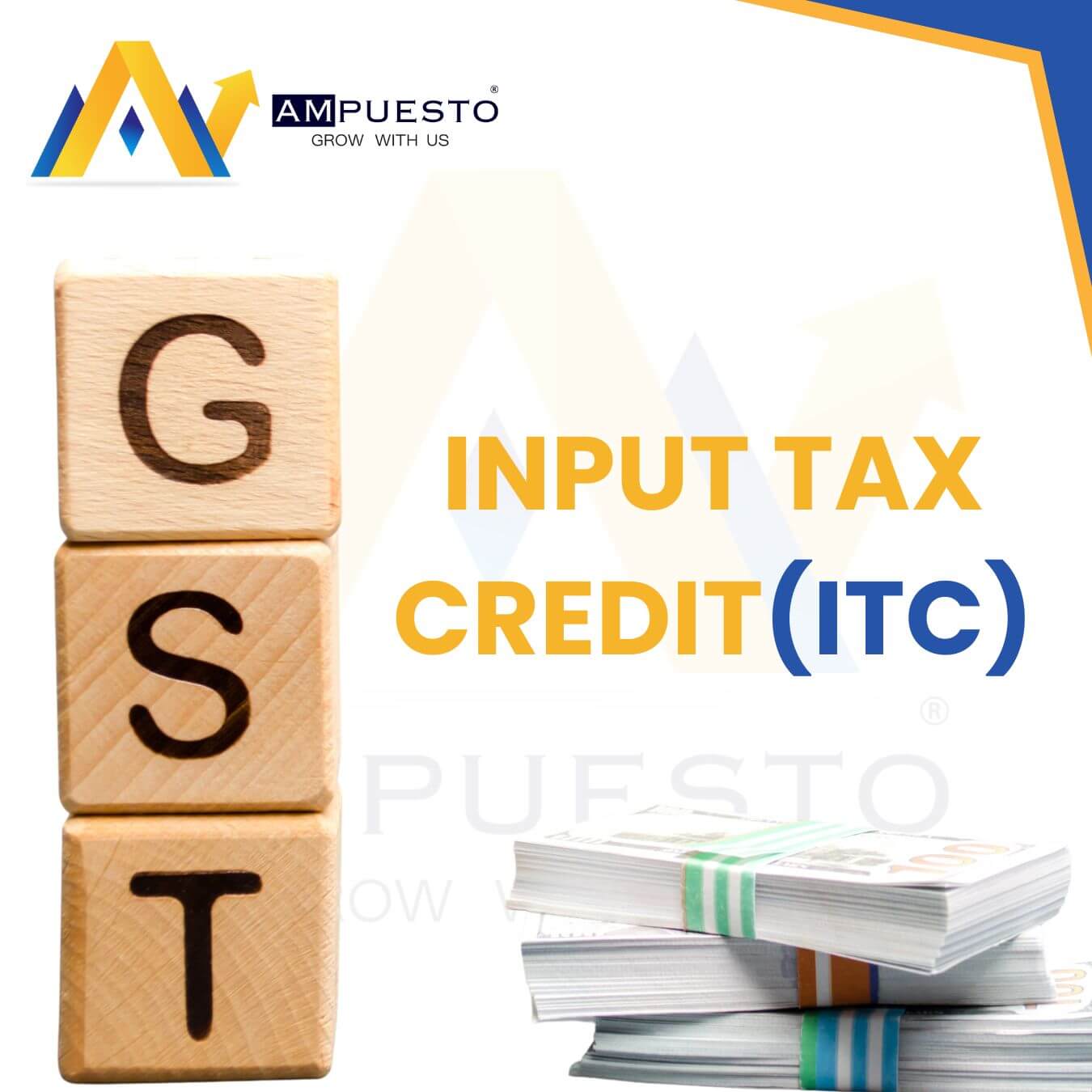
Introduction Input Tax Credit (ITC) is one of the
Detail Information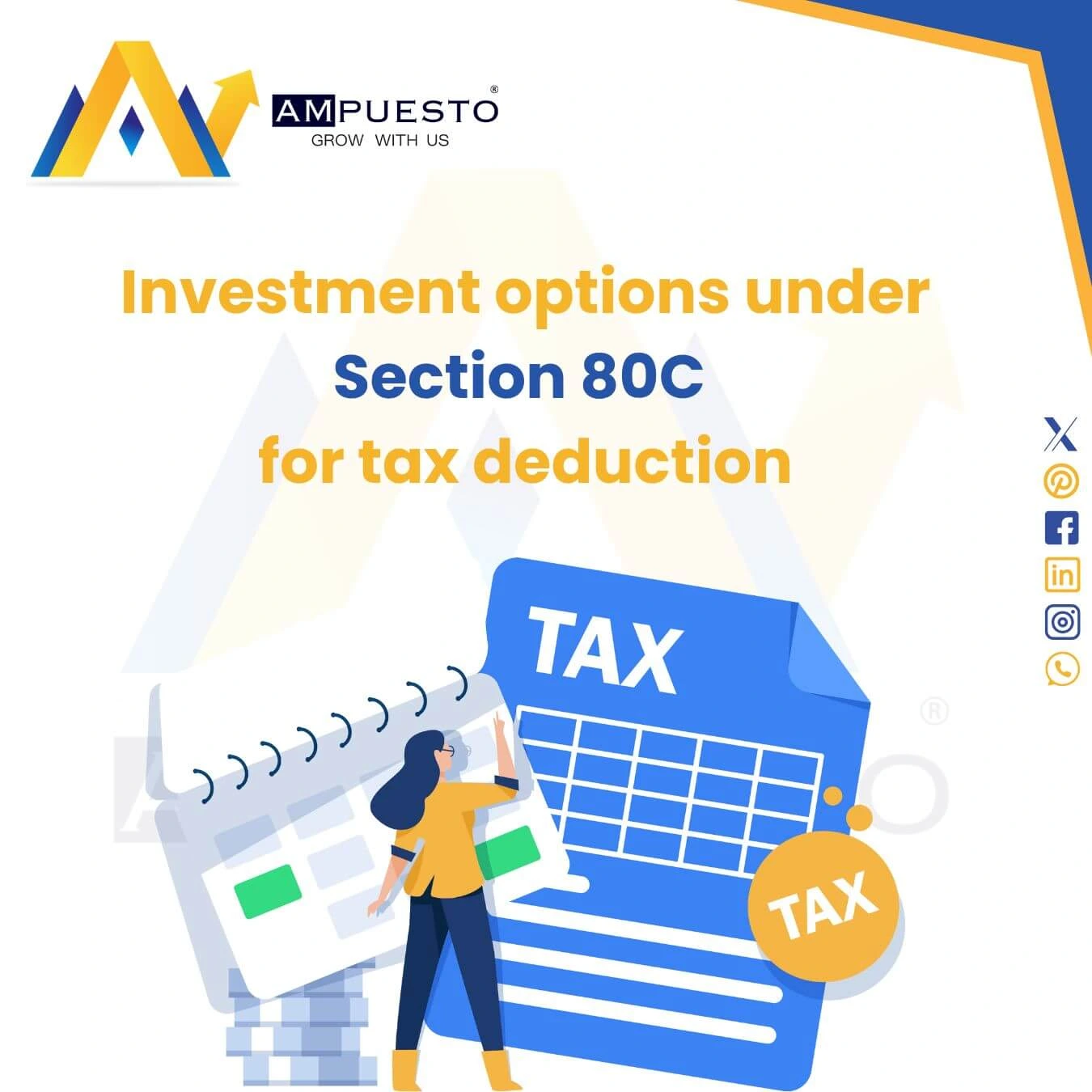
Section 80C of the Income Tax Act is one of the mo
Detail Information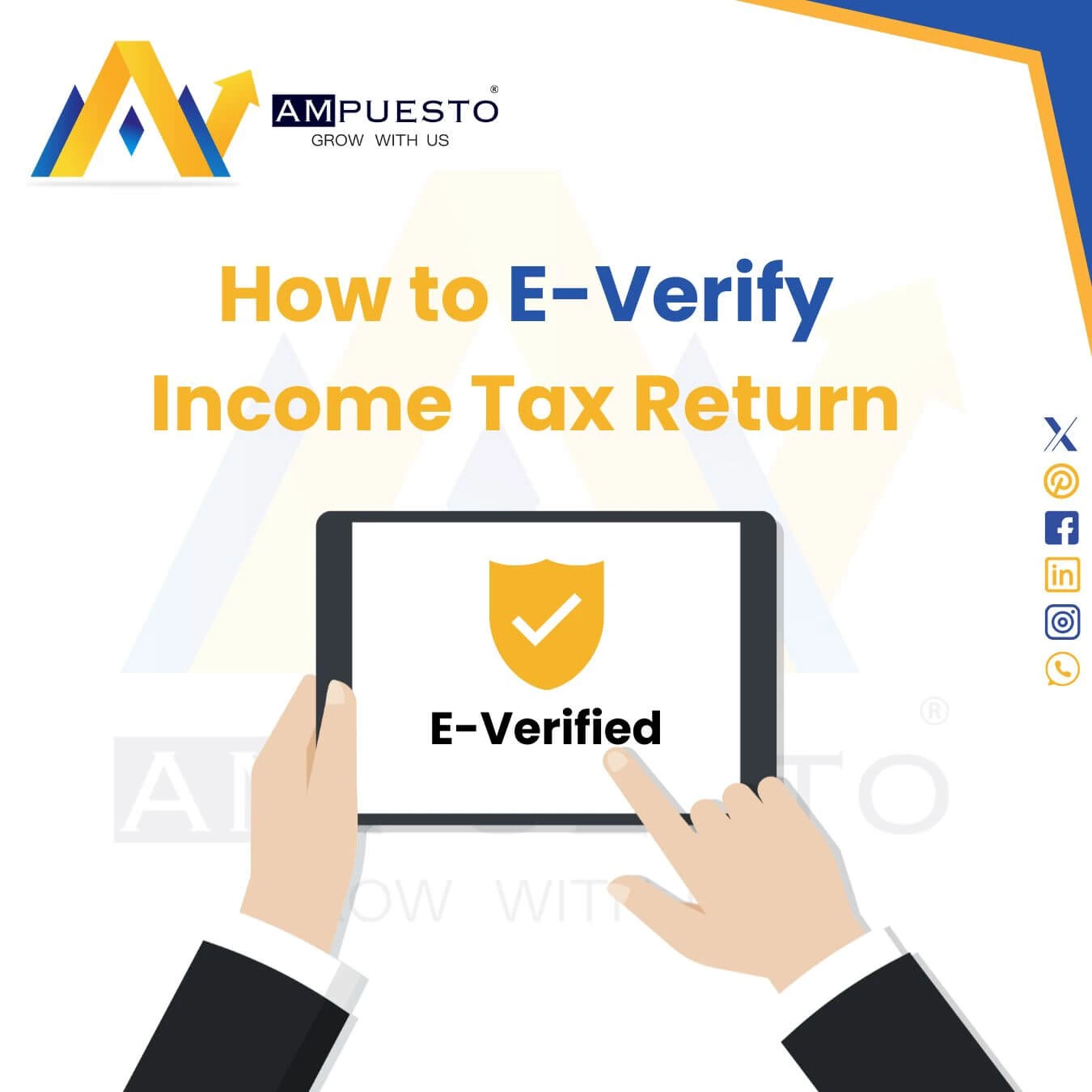
Filing your Income Tax Return (ITR) is an essentia
Detail Information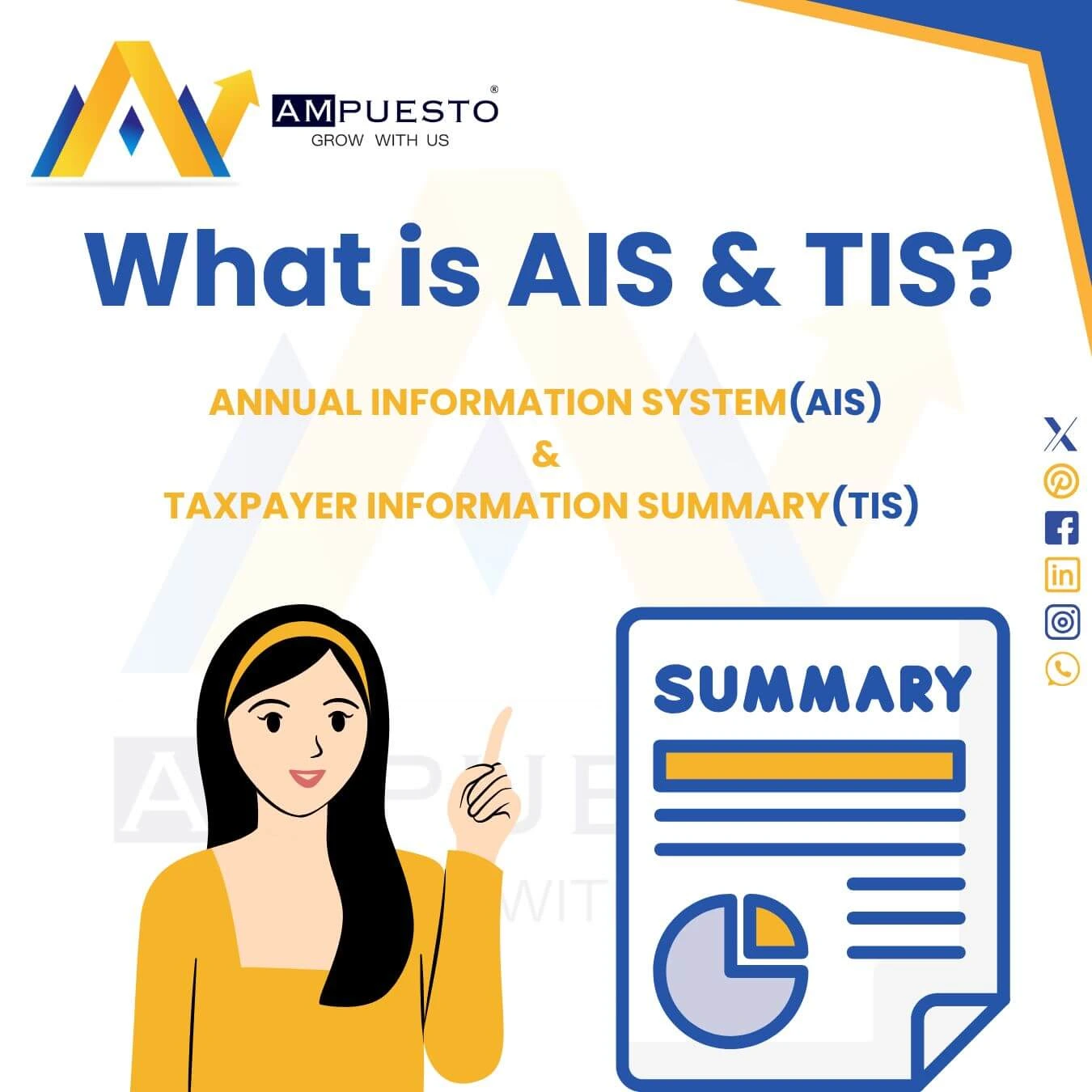
Introduction Understanding the Annual Information
Detail Information